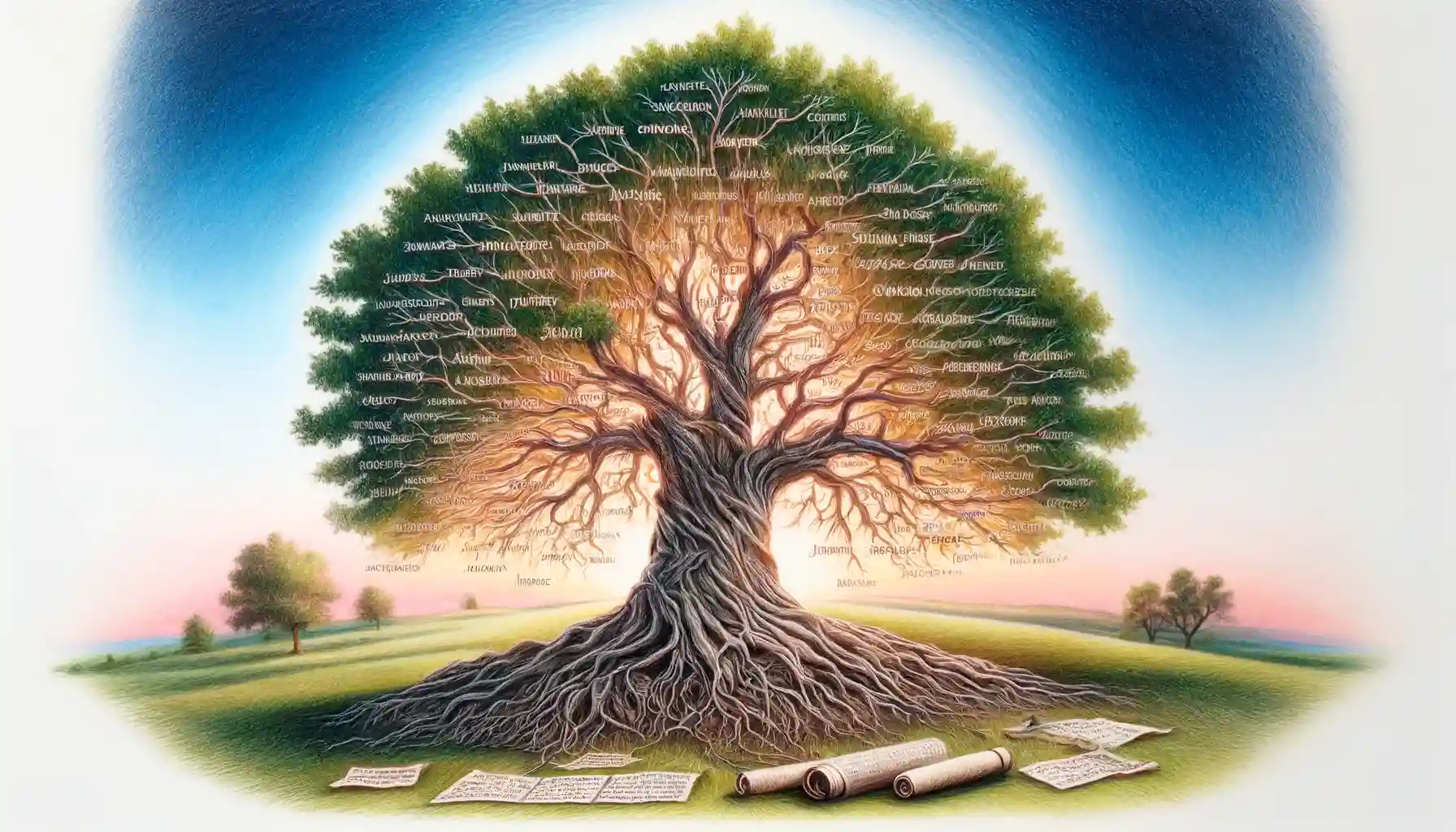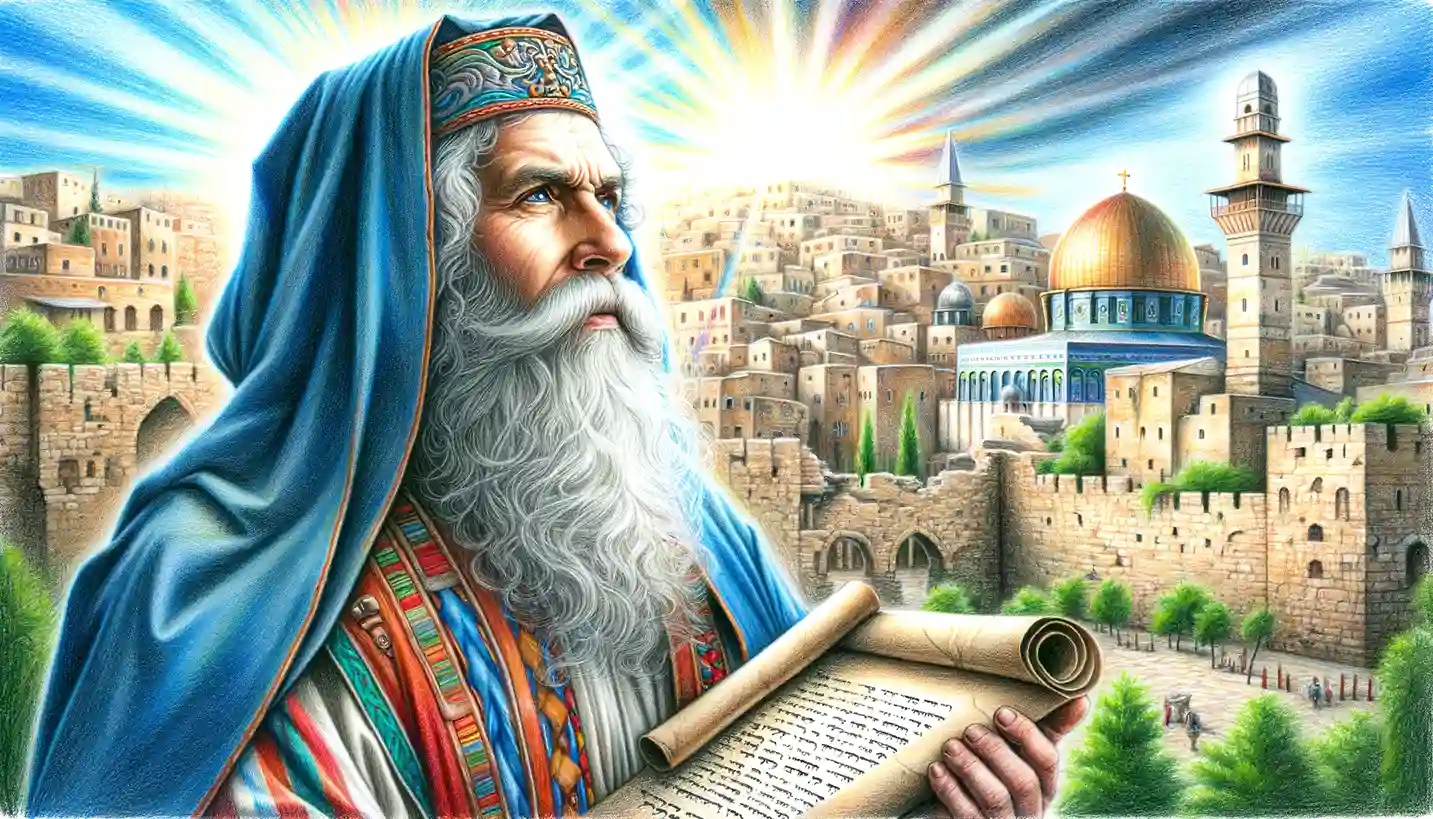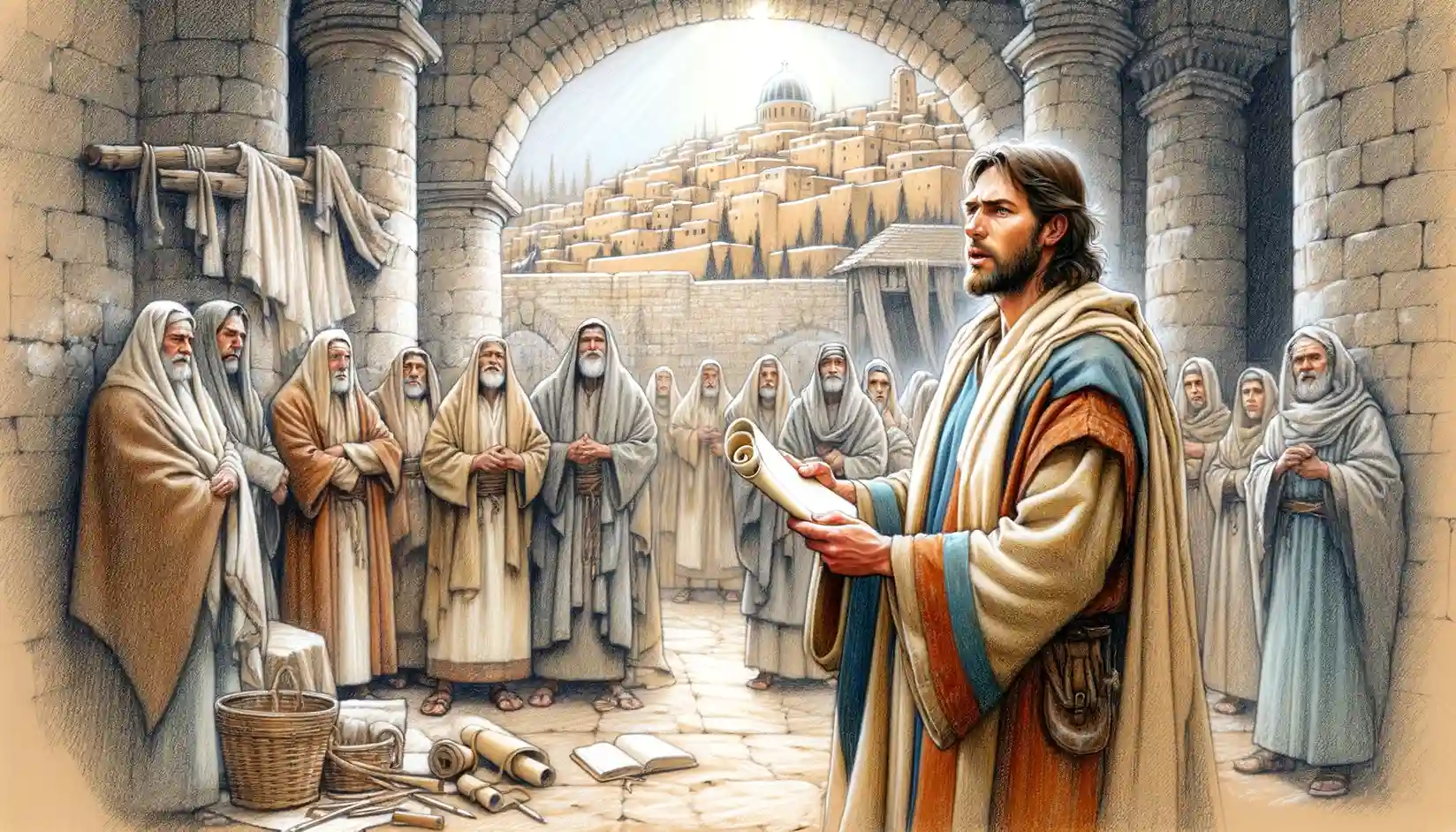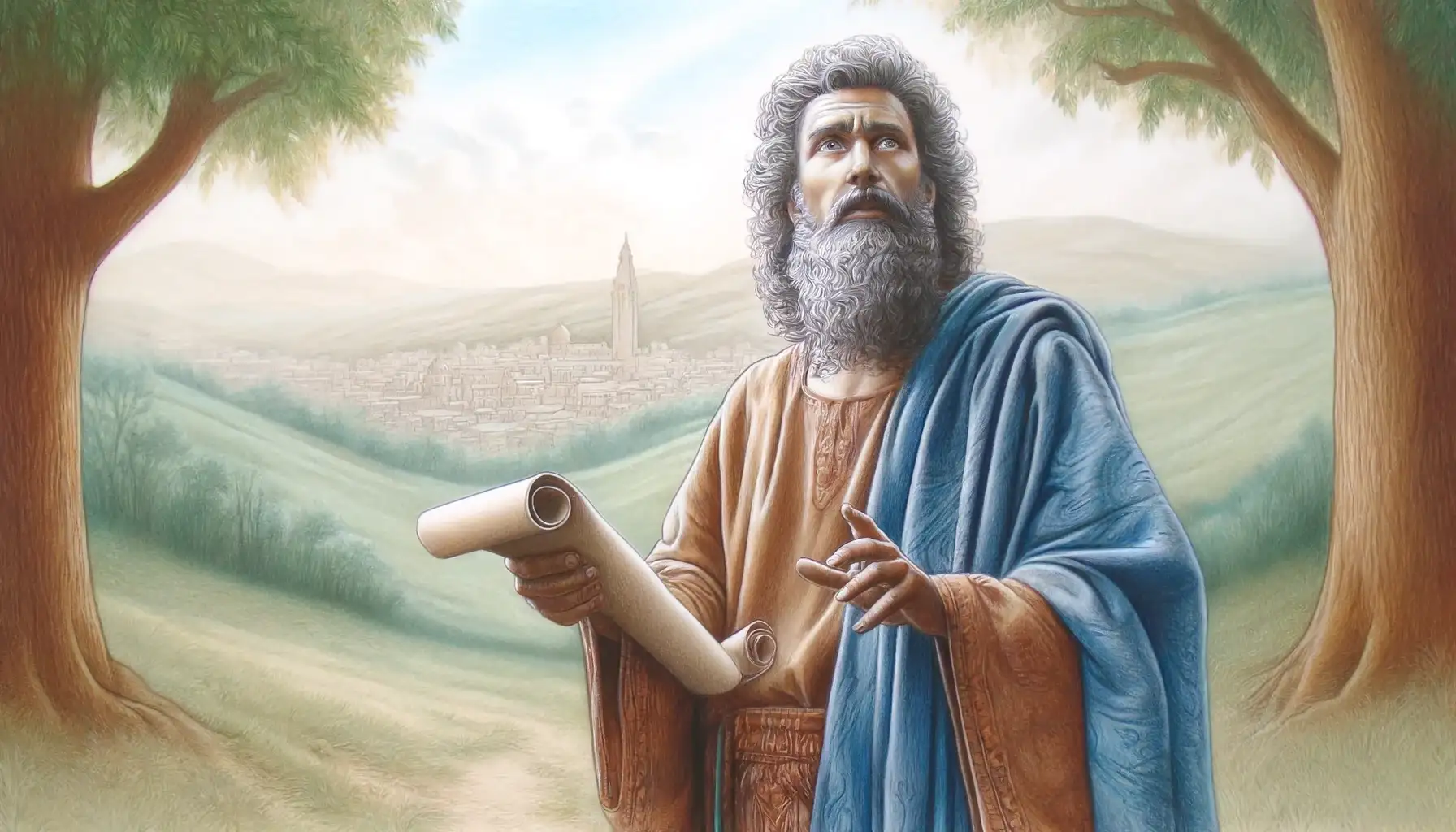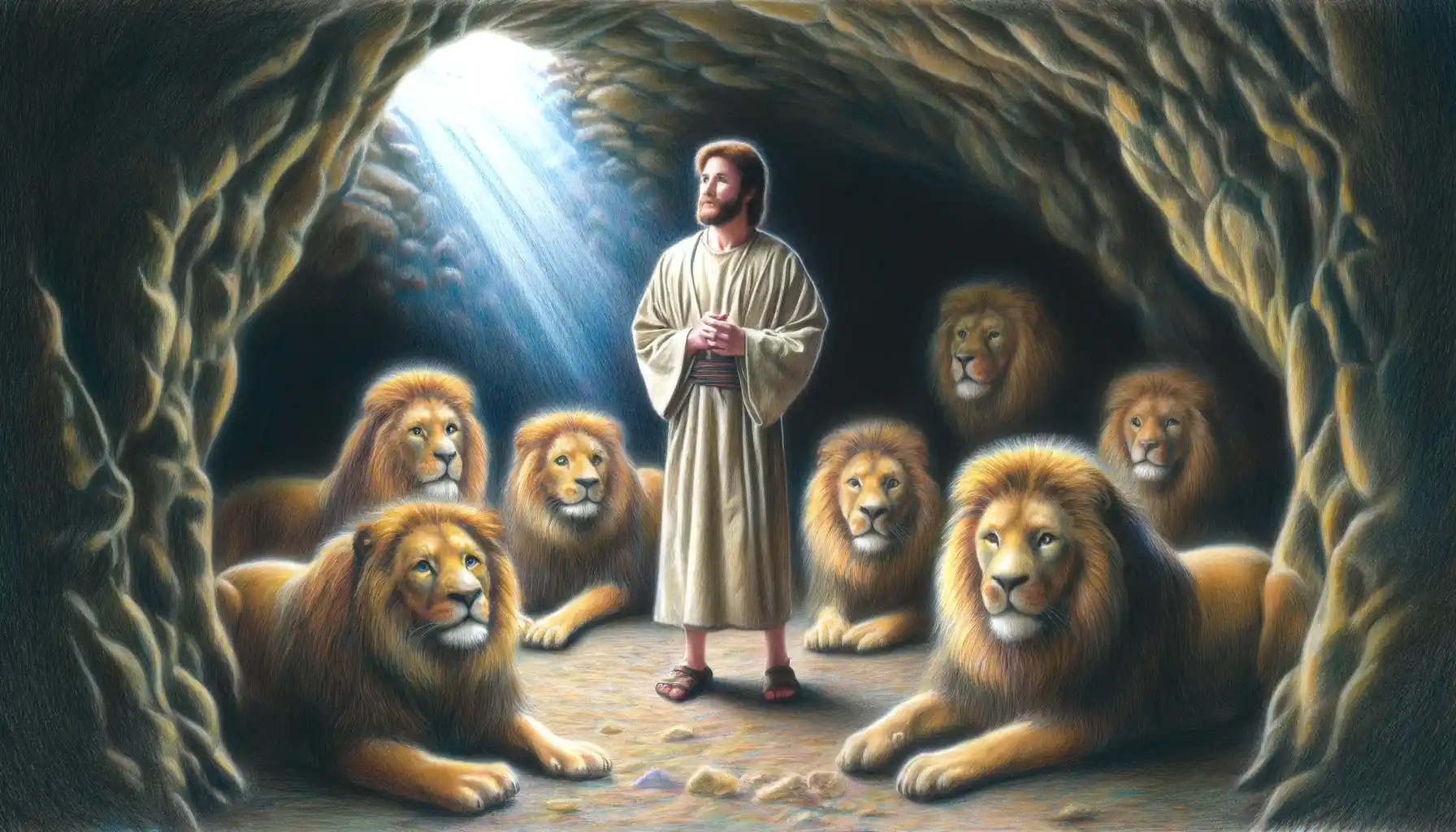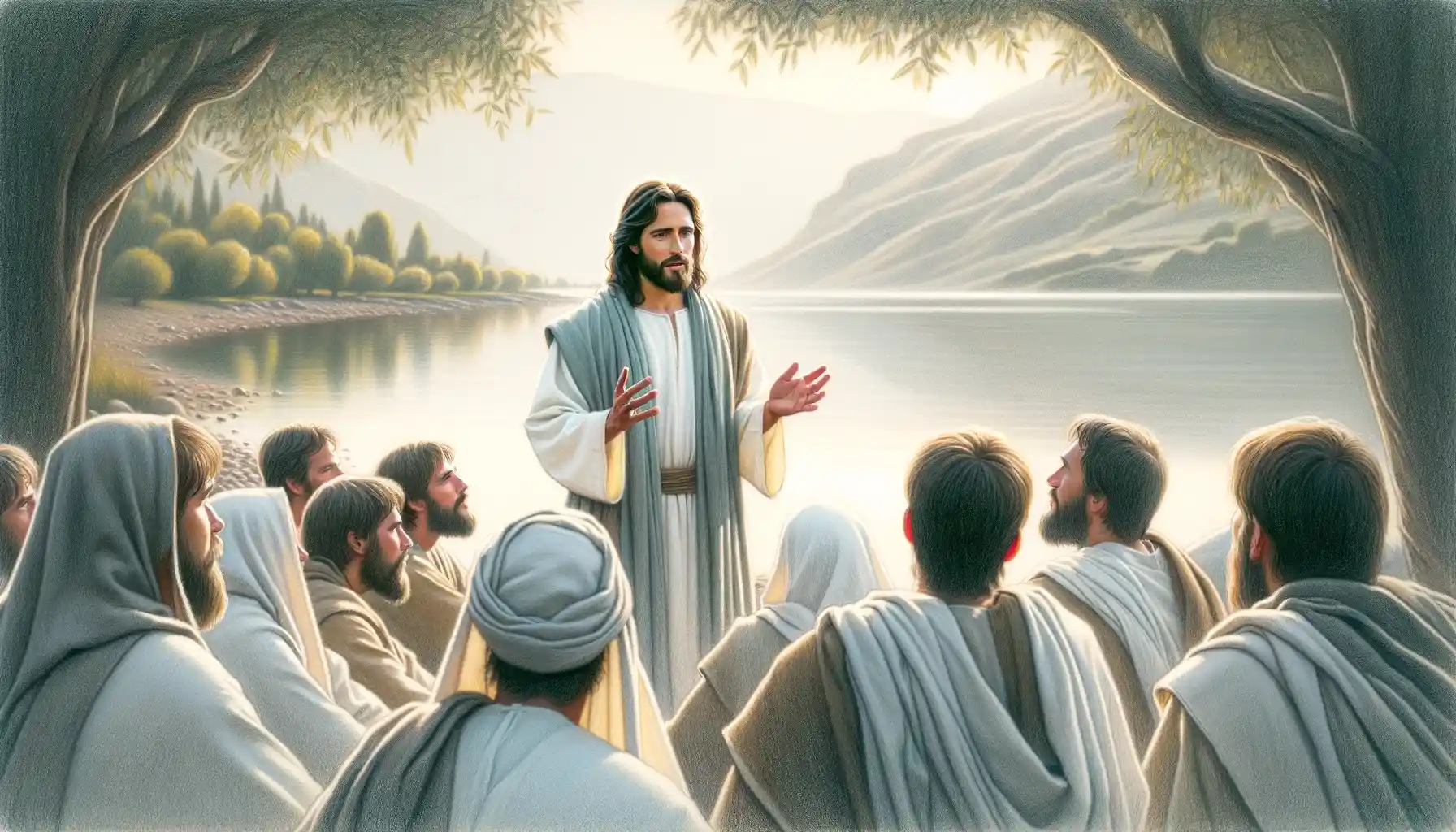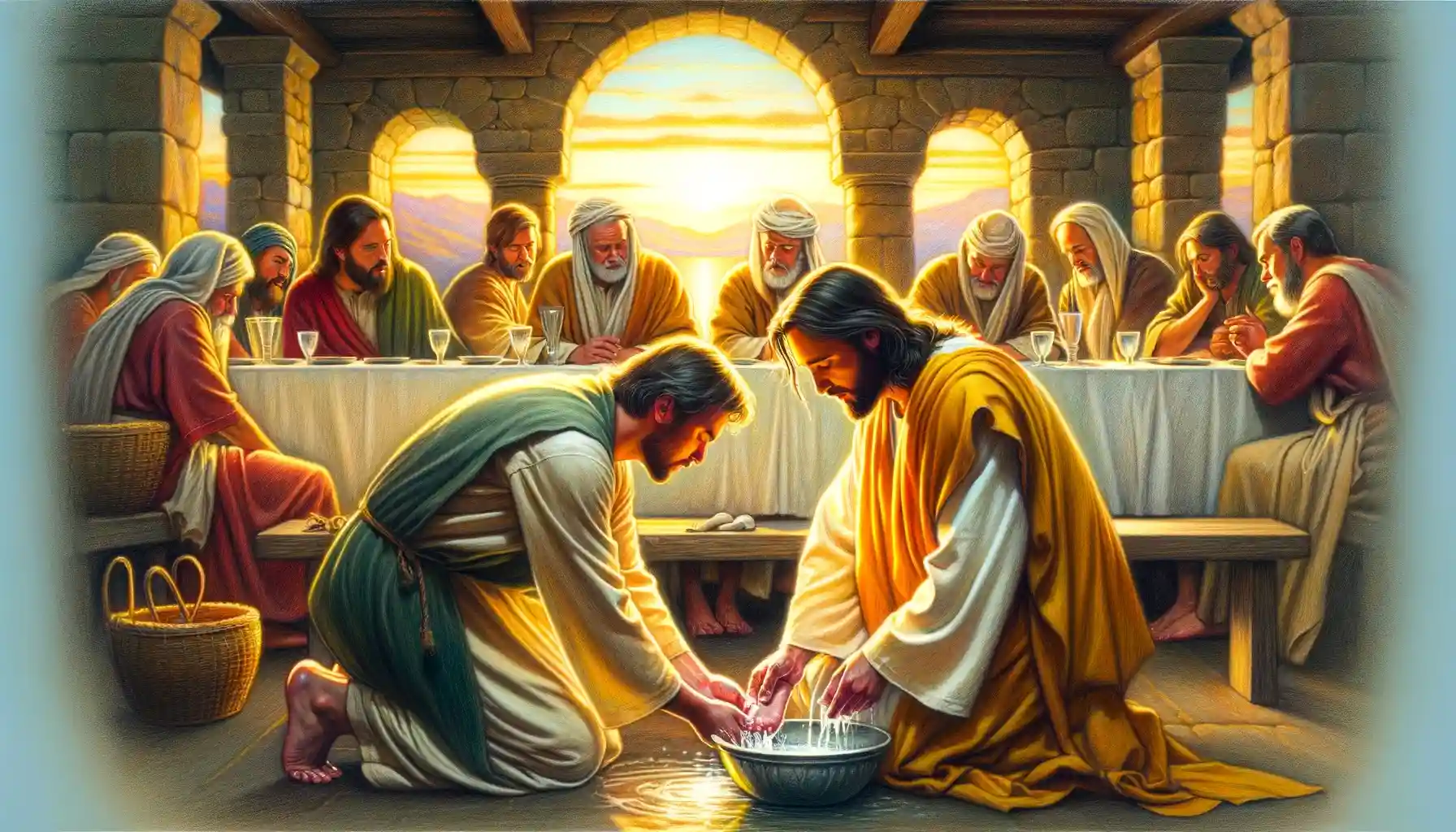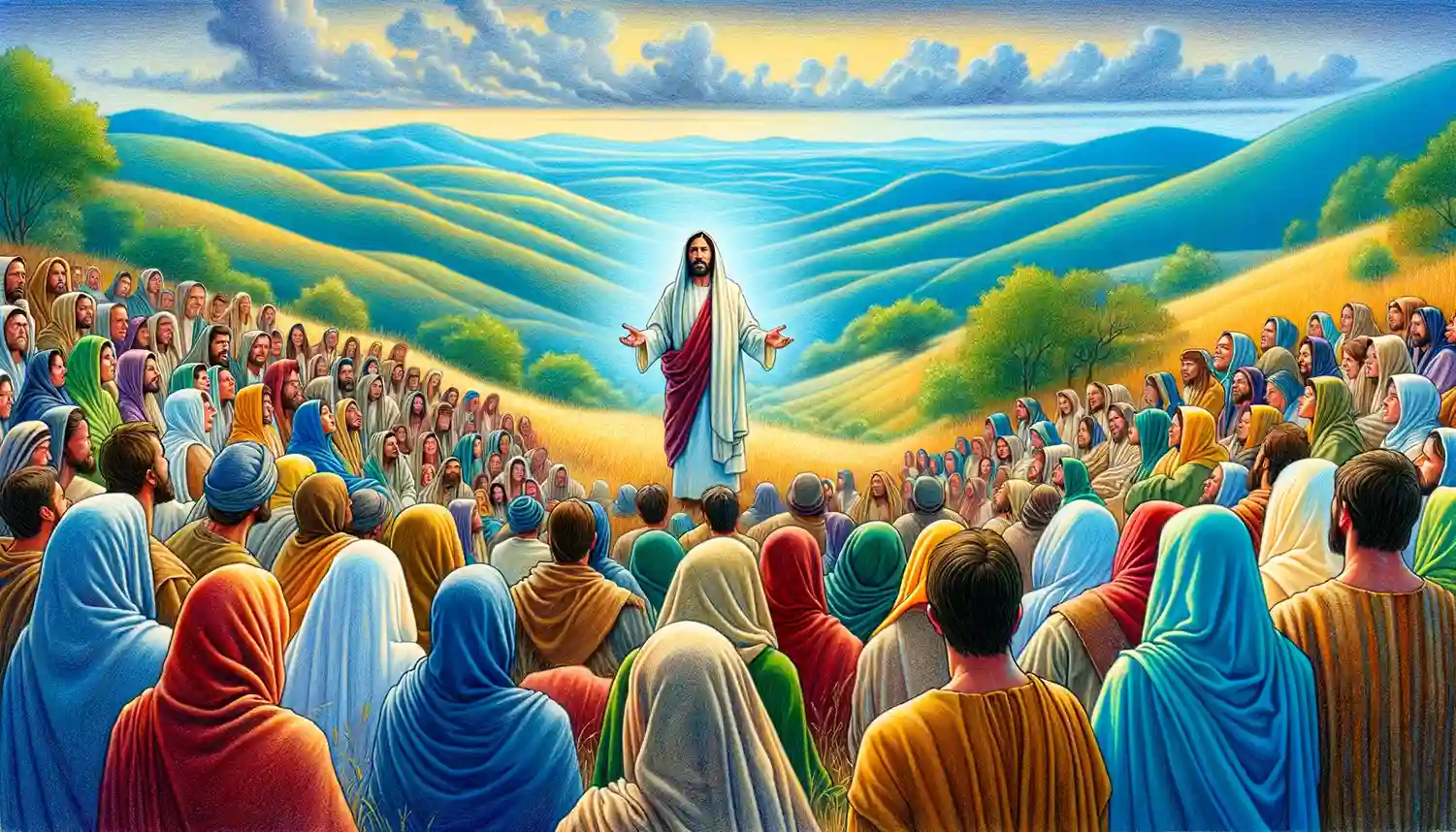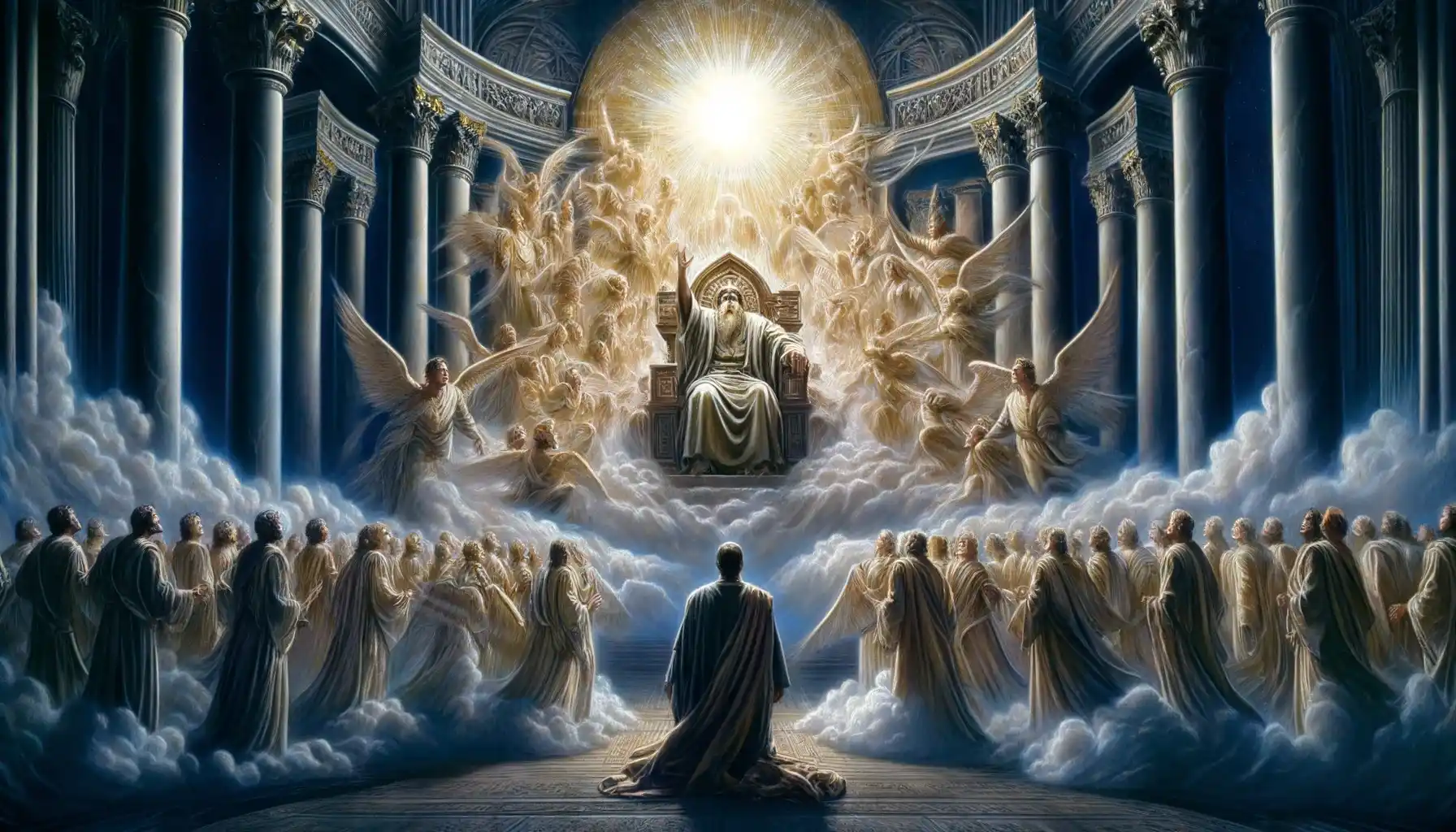The genealogies of Jesus Christ, presented in Matthew 1:1-16 and Luke 3:23-38, trace His lineage through different ancestries and purposes, emphasizing His royal descent, fulfillment of prophecy, and connection to all humanity.
Zechariah, a prophet during the post-exilic period, received visions of Jerusalem’s restoration and the coming Messiah, providing hope and emphasizing God’s sovereignty.
Micah, a prophet in the Hebrew Bible, is known for his messages on social justice and his significant prophecy about the Messiah’s birthplace, identifying Bethlehem as the location where the Messiah would be born.
Isaiah, a major prophet in the Hebrew Bible, is known for his extensive prophecies about the coming Messiah, detailing His birth, ministry, suffering, and triumph, and emphasizing themes of judgment, redemption, and hope.
Daniel is celebrated for his faithfulness to God while in exile in Babylon, where he interpreted dreams, held high government positions, survived the lion’s den, and received significant prophetic visions.
Jesus Christ, central to Christianity, is believed to be the divine Son of God who came to earth to offer salvation through His teachings, death, and resurrection. His life and miracles, documented in the New Testament, continue to inspire and guide millions of believers worldwide.
The Gospel of John remains a foundational text for Christian theology, offering a rich and deeply spiritual perspective on Jesus Christ’s identity and His teachings.
The Gospel of Matthew is rich in theology and Christology, making it a foundational text for understanding Christian doctrine and the narrative of Jesus’ life as both a fulfillment of and a break from Jewish tradition.
Isaiah’s writings are celebrated for their literary beauty, depth of theological insight, and their prophetic vision into the future of God’s world.

